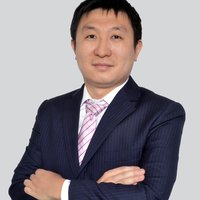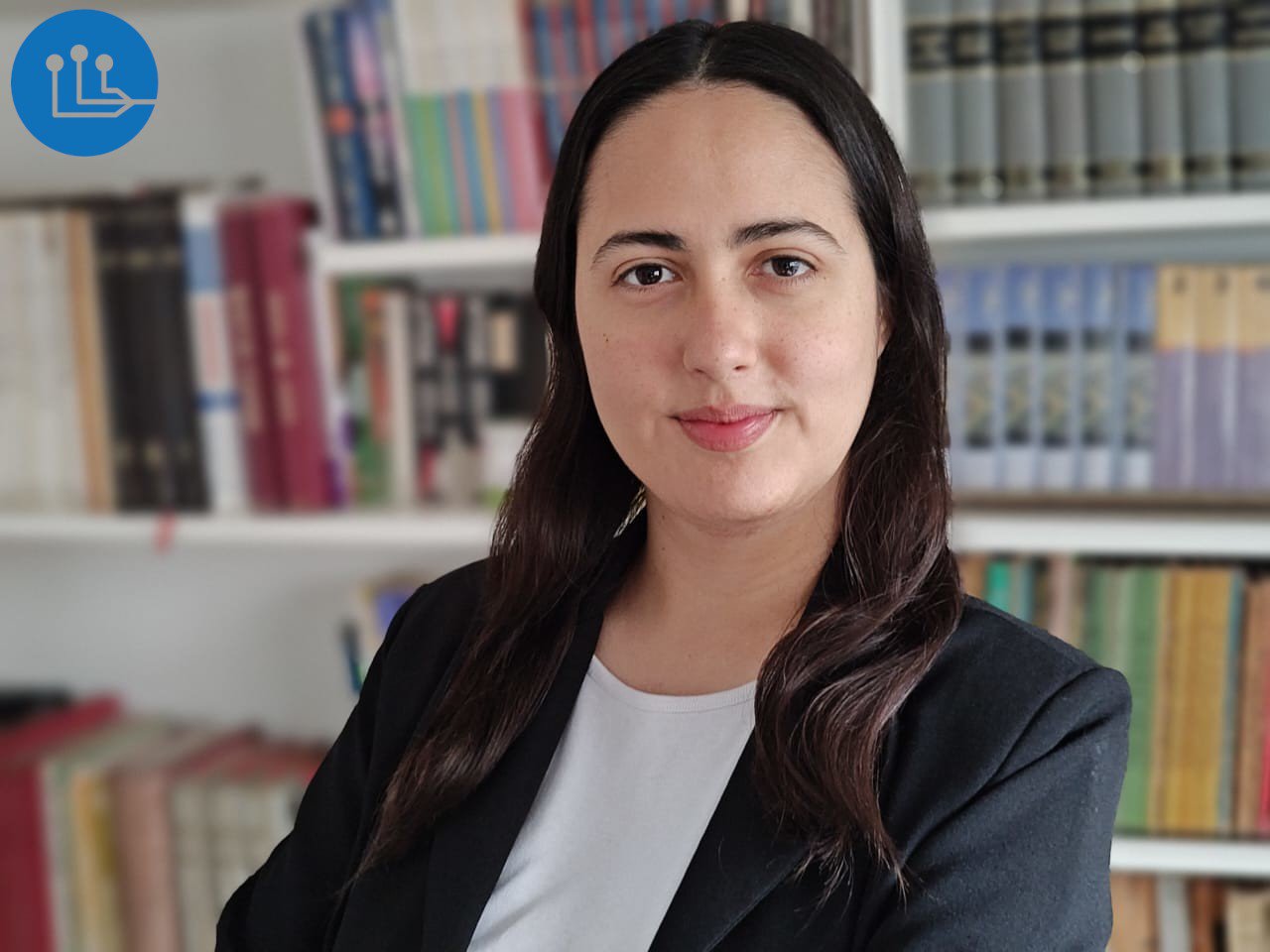The pharmaceutical industry employs
five and a half million people worldwide, and in 2020 alone globally invested
nearly US$200 billion in research and development and filed more than 10,700
patents, according to data from the International Federation of Pharmaceutical
Manufacturers and Associations. One example of the fruits of biomedical
science's labor is the messenger RNA vaccines that helped quell the COVID-19
pandemic, and which are already being studied for application in the treatment
of other diseases. Recently, the work of researchers Katalin Karikó and Drew
Weissman was recognized with the Nobel Prize in Medicine for their decisive
role in the development of this technology.
This new type of vaccine on the
market would not have been possible without nanotechnology (vaccines such as
Pfizer's and Moderna's use lipid nanoparticles that envelop and protect the
mRNA). Nanomedicine - the application of nanotechnology to the diagnosis,
prevention, and treatment of disease - holds significant potential to improve
people's lives, but much of its promise has yet to be realized. With the aim of
ending this impasse, Argentine pharmacist and lawyer María Cristina Soraires
(33) founded PLAMIC, a biotech start-up that enables the cost-effective and
scalable production of nanomedicines.
Thanks to this initiative, Soraires
has become one of MIT Technology Review's Innovators Under 35 Latin America
2023 in Spanish. The young woman aspires to improve existing therapeutic
alternatives, facilitate the production of nanomedicines, and break the current
bottleneck in the manufacture of drugs developed with nanotechnology. Through
microfluidics, the science that studies the movement of small quantities of
liquids through very narrow channels, PLAMIC optimizes the manufacturing
process, reduces costs, and ensures the reproducibility of the method. In this
way, more patients will be able to access personalized and targeted treatments
for complex diseases such as cancer and autoimmune diseases, notes Soraires.
"Our platform can improve the
delivery of nanomedicines through precise fluid mixing," explains the
innovator. "These products are more effective and have fewer side effects
than conventional drugs, as they are more localized." For Soraires, the
lack of availability and the high cost of nanomedicines are the obstacles that
have prevented progress in this pharmaceutical field: "With our
microfluidic technology, we will be able to bring more drugs to market at a
lower final price." Democratizing access to this technology, he says, will
improve patients' quality of life.
PLAMIC has already created a
prototype to develop nanomedicines against cancer. Its founder aspires to reach
mass production so that more and better nanomedicines will be available, thus
popularizing the use of nanotechnology in treatments and having a positive
impact on healthcare systems around the world.




